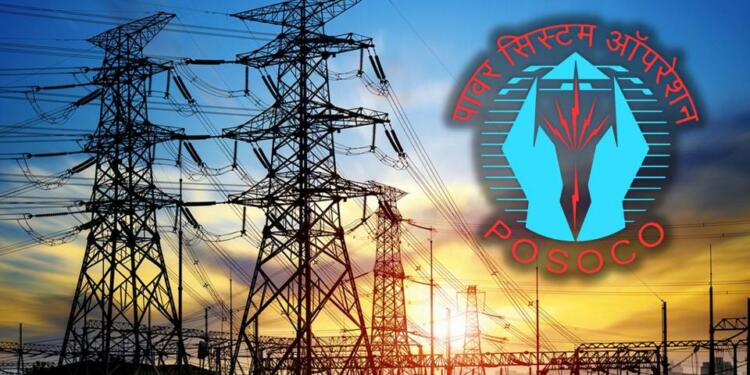PM Narendra Modi follows the motto of ‘Reform, Perform and Transform’. To make sure this percolates deep in Indian politics, he seems to have adopted the carrot and stick policy. In this policy, performing states are being rewarded in the form of more lending for capital expenditure.
On the other hand, incompetence and irregularities face scrutiny and strict action from the central government. This is paying dividends for the nation as the fear of stick is bringing off-track states back on the path of development, fiscal prudence and stability.
The clear warning seems to have been well taken
Development while guaranteeing democratic rights can’t be ensured without holding the accountability of the politicians and other public representatives. On this very line, it seems that the clear warning of Power System Operation Corporation (POSOCO) to hold states accountable for their dues has paid off.
Within just a day of POSOCO’s stern warning, 12 discoms in six states have cleared their dues. These states have cleared Rs 3,608.83 crore under the Late Payment Surcharge (LPS) rules to the power Generating companies (Gencos).
A day after the Power System Operation Corporation @PosocoIndia) barred 27 discoms across 13 States from procuring electricity via power exchanges, 12 discoms in six States have cleared dues of ₹3,608.83 crore under the Late Payment Surcharge rules.https://t.co/g3WJLf5GSP
— businessline (@businessline) August 19, 2022
As of 18th of August, 15 discoms in seven States still owe a liability of Rs 1,476.17 crores to the Gencos.
As per media reports some other state governments are also in talks with central officials in regard to clearing their dues very soon. These include the state governments of Tamil Nadu, Telangana, Andhra Pradesh, Madhya Pradesh and Karnataka.
Also Read: Maharashtra, Tamil Nadu, Punjab and other states owe a massive Rs 20,000 Cr to Coal India
The Power Ministry introduced the LPS rules to make sure that Gencos do not face financial constraints. It is also making sure that discoms uphold their payment commitments to Gencos. Therefore, it was important to take strict action against those state governments who had strained the financial condition of Gencos.
It seemed as if some states were wilfully not making their due payments even after repeated warnings. This compelled the Central department to issue a letter categorically stating clear warning to the non compliant state governments.
A stern message from Centre
Earlier, around 27 discoms had a due of Rs 5,000 crore. With Rs 1,380 crore dues to Gencos, Telangana was the worst state in this sphere.
To end this crippling problem the POSOCO, which comes under the Ministry of Power, barred 27 discoms from buying and selling power on the exchange portal. The department banned them from trading on the portal from THE 19th of August.
Also Read: How state governments are pushing India towards “darkness”
The states that were barred for non-payment of their electricity bills were Chhattisgarh, Maharashtra, Madhya Pradesh, Karnataka, Andhra Pradesh, Telangana, Tamil Nadu, Jammu and Kashmir, Rajasthan, Bihar, Jharkhand, Manipur and Mizoram.
Earlier, the POSOCO had issued a letter to convey its firm stand. In the letter it said: “As per information received from PRAAPTI portal regarding outstanding of payments, the buy and sell transactions in all products of power market for the following discoms shall be entirely restricted till further notice from the delivery date of 19.08.2022.”
Also Read: Ministry of Power’s latest thread is a welcome step and a harsh wake-up call for many
In June, the Electricity (Late Payment Surcharge and Related Matters) Rules, 2022, were introduced. This allowed the Department of Power Ministry to restrict the power trade on the portal.
Earlier, On 30 July, Prime Minister Narendra Modi requested states to clear their power dues. He clearly stated that this will ensure firms’ operational viability and help meet the energy demand of the nation.
According to a media report, total dues in the power sector including Gencos and discoms amount to Rs 2.5 trillion.
It is great to see that performance has become a parameter for the disbursement of funds which is gradually making state governments more effective and accountable.
The power sector needs many more of such progressive reforms and rules must be framed so as to make sure that state governments don’t dole out freebies to win elections.
Sri Lanka is a worst example of the devastating impact freebies can have on any economy. So, it is important to replicate more such stern actions to curb these modern problems.
Support TFI:
Support us to strengthen the ‘Right’ ideology of cultural nationalism by purchasing the best quality garments from TFI-STORE.COM
Also Watch:
https://www.youtube.com/watch?v=PNKh2qauFUI





















